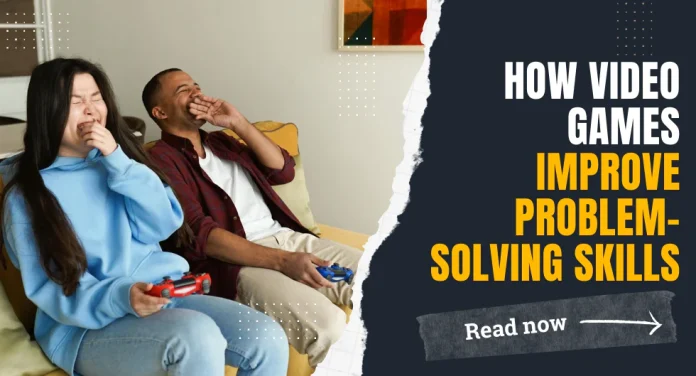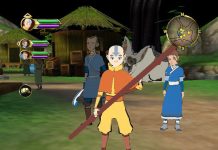Brain Games: How Video Games Improve Problem-Solving and Critical Thinking
Video games are often seen as entertainment—fast-paced, flashy, and sometimes mindless. But beneath the surface, many games are quietly training your brain in ways few other mediums can. In fact, modern research has begun to recognize what millions of players already know: gaming sharpens the mind.
Let’s explore how playing video games can actually enhance your problem-solving skills, critical thinking, and decision-making.
Thinking Under Pressure
Many games require quick, high-stakes decisions. Whether it’s dodging an attack in a combat scenario or deciding which resource to use in a time-sensitive moment, players must process information rapidly and act on it.
This rapid response training can translate to real-world benefits, such as improved reaction time and better decision-making in high-pressure situations. Studies have even shown that gamers outperform non-gamers in tasks requiring fast data interpretation and adaptive responses.
Pattern Recognition and Strategy
Games like Portal, StarCraft, or The Witness force players to identify patterns, think ahead, and adjust strategies based on outcomes. These cognitive skills are the same ones used in programming, mathematics, and scientific problem-solving.
Even puzzle elements in non-puzzle games often push players to approach problems from multiple angles—testing logic, memory, and spatial awareness.
The challenge of breaking down a complex scenario into manageable pieces mirrors what’s required in everything from engineering to crisis management.
Learning Through Failure
Unlike traditional education or training, video games embrace failure as part of the process. Players often fail multiple times before succeeding, which encourages experimentation, resilience, and iterative thinking.
This fail-fast, learn-fast model promotes a growth mindset. Players aren’t penalized for trying—they’re rewarded for learning how to win through practice and adaptation.
Games that include randomization—such as livo88, where outcomes are often determined by a combination of choice and chance—also teach players to evaluate odds, manage risk, and adapt to uncertainty.
Teamwork and Tactical Communication
Many games are multiplayer by design, requiring players to collaborate, communicate, and solve problems together. Whether coordinating an attack in an MMORPG or managing a shared base in a survival game, players learn to navigate group dynamics and shared responsibility.
These experiences build leadership, cooperation, and verbal reasoning—skills increasingly valued in modern workplaces.
Games as Cognitive Training Tools
Today, educators and neuroscientists are looking at games as tools for learning and therapy. Cognitive training apps often borrow mechanics from mainstream games to keep users engaged while improving focus, memory, and flexibility.
Some therapeutic games are designed specifically to support ADHD treatment, trauma recovery, or cognitive rehabilitation, highlighting the growing intersection between neuroscience and game design.
Conclusion
Video games aren’t just digital toys—they’re dynamic environments for cognitive growth. From mastering in-game mechanics to making real-time strategic decisions, players are constantly solving problems in creative and adaptive ways.
So the next time someone questions the value of gaming, remember: you’re not just playing—you’re practicing how to think better. Whether you’re navigating a complex puzzle or planning your next move on a platform like livo88, your brain is getting a serious workout.




















